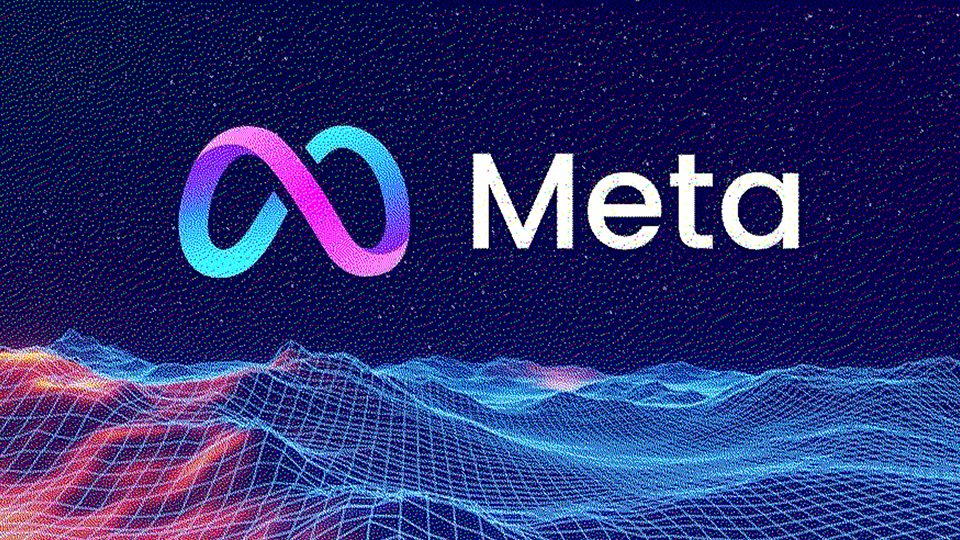In October 2021, Facebook, Inc. underwent a significant transformation, rebranding itself as Meta Platforms, Inc. This rebranding was not merely a name change; it represented a profound shift in the company’s focus and vision. Under the leadership of Mark Zuckerberg, Meta embarked on a mission to build the metaverse, a concept that promises to reshape the way we interact with technology and each other. In this article, we will explore what the metaverse is, its potential impact, and the challenges it faces.
The Metaverse Defined:
The term “metaverse” is derived from “meta-” meaning beyond or transcending, and “universe.” In essence, the metaverse is a collective virtual shared space, merging augmented reality (AR), virtual reality (VR), the internet, and other digital technologies to create a seamless, immersive, and interconnected digital universe.
In the metaverse, users will have the ability to interact with digital environments and other users in ways that mimic the physical world. It will go beyond the current state of the internet, offering a more immersive, 3D experience where people can work, socialize, learn, and create. It’s the next step in the evolution of the digital realm.
The Metaverse in Practice:
Meta’s vision for the metaverse involves various hardware and software products, including the Oculus VR headsets and Horizon Workrooms. These tools aim to facilitate remote work, social interaction, and immersive experiences. However, Meta envisions a future where the metaverse is not solely about their products; it’s an open ecosystem where multiple companies and developers contribute to its development.
Challenges and Concerns:
While the metaverse is a tantalizing concept, it faces several challenges and concerns:
- Privacy and Security: The metaverse will require collecting vast amounts of personal data, raising concerns about privacy and data security. How companies handle this data and protect user information is a significant concern.
- Inclusivity: The metaverse should be accessible to all, regardless of their economic status, age, or abilities. Ensuring inclusivity and avoiding creating a digital divide is essential.
- Monopolistic Tendencies: Meta’s dominance in the tech industry has raised concerns about its potential monopoly in the metaverse. Regulators will need to monitor and address any anti-competitive practices.
- Content Moderation: Creating a safe environment within the metaverse is a complex task. Striking the right balance between freedom of expression and preventing harmful content is crucial.
- Psychological and Societal Impact: Spending excessive time in virtual environments can have psychological and societal consequences, such as addiction and social isolation. Research and regulation are needed to mitigate these effects.
Conclusion:
Meta’s ambitious goal of building the metaverse represents a potentially transformative moment in the history of technology. It has the power to reshape how we work, connect, and create, but it also raises important questions about privacy, inclusivity, and the role of corporations in shaping our digital future. As Meta and other companies continue to develop this concept, society must actively engage in the conversation to ensure that the metaverse serves the best interests of all. The journey towards the metaverse is just beginning, and its full potential, as well as its challenges, are yet to be fully realized.
